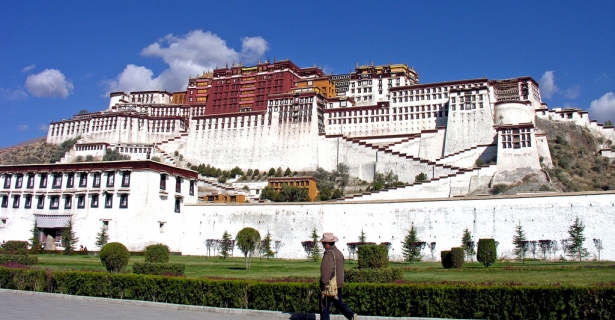The following post is written by Christina Luo, a senior at Tufts University who majored in International Relations and History.
Change, especially progress, is never easy – if it were, we would have long reached the utopia that Thomas More wrote about 500 years ago. As if it weren’t hard enough, change and progress face an even steeper slope when dictators and autocracies imprison, rape, injure, chase, detain, exile, or kill people who criticize their policies. How do you make progress in such an oppressive climate? Even if progress can be made, can it ever be sustained? Or will it always be fleeting?
If I’ve learned one thing this past week from attending the Oslo Freedom Forum, it’s that there’s no one answer to any of these questions, and there’s no cookie-cutter solution to remedying injustice. What may work in Singapore, which Chee Soon Juan notes is plagued with extreme income inequality, won’t work in Zimbabwe, where artists like Owen Maseko are imprisoned for producing art that depicts the Gukurahundi massacre. These are completely different types of injustices, yes, but they are both types of repression, perpetrated by those in power against those who are defenseless. So what are we to do?
It wouldn’t be a human rights conference without the brutal details or haunting imagery of survivors’ tales, but it also wouldn’t be a human rights conference without the reminder that there are ways to prevail. Even though there’s no cookie-cutter solution, there are certainly common goals of optimism and sustainability that transcended each activist’s hopes for the future. Hannah Song spoke about making grassroots efforts to crack the North Korean regime, for instance, while Jenan Moussa spoke about how that “change has to come from the inside” in order to increase women’s visibility in the Middle East.
Lobsang Sangay, Prime Minister of the Tibetan government in exile, perhaps spoke best about this need for sustainable change. The Central Tibetan Administration, he said, demonstrates a model form of true democracy, where Tibetans all over the world, whether in cosmopolitan Oslo or in the mountains of Bhutan, are able to practice their right to elect their representatives in government. This democracy in exile serves as a “litmus test for the international community,” one that can measure how genuine or legitimate a democracy truly is.
Most strikingly, he reminded us that the key to any lasting change, to any sustainable preservation of human rights, is nonviolence and democracy. Change is only so good as it is able to carry through generations, and though it may seem insurmountable to persevere through challenging times of self-immolations and denial of the freedom of religion, a commitment to human rights and justice will help states like Tibet prevail. I may have entered the Oslo Freedom Forum a skeptic about some things, but I certainly left an optimist. Taking to heart the Prime Minister’s eloquent and quiet confidence, I have no doubt that “with a long-term investment in freedom, Tibet will succeed.”


Add new comment